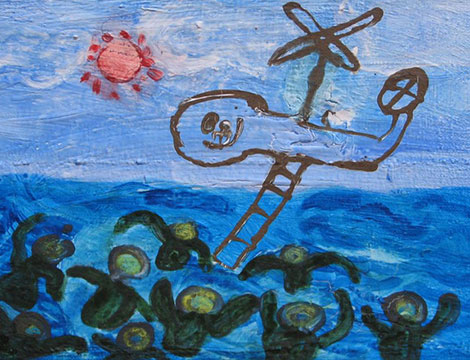
An earlier version of this piece was published by Gulf State Analytics in December 2016.
The results of Kuwait’s recent parliamentary elections, held on November 26, have significant implications for the Arab Gulf country’s citizens. Although the Kuwaiti government asserts that the surprise dissolution in October of the National Assembly was due to “circumstances in the region” and security challenges, the move was actually part of the government’s strategy, albeit ill-fated, to create a more favorable balance in the new parliament between opposition and government.
The government is justifiably concerned with the country’s political environment. The years between 2006 and 2013 were fraught with tension related to parliamentary dysfunction. Street protests in response to the paralysis of the country’s political and economic institutions were frequent.




